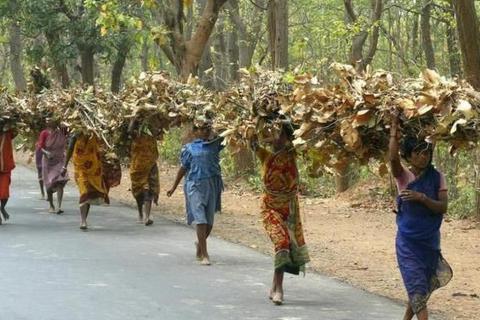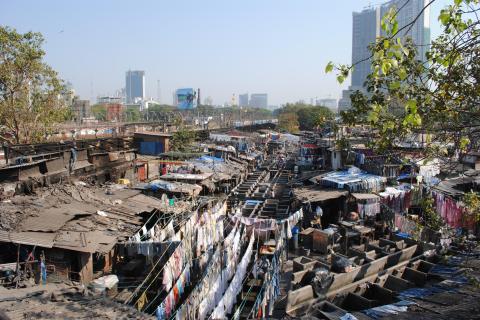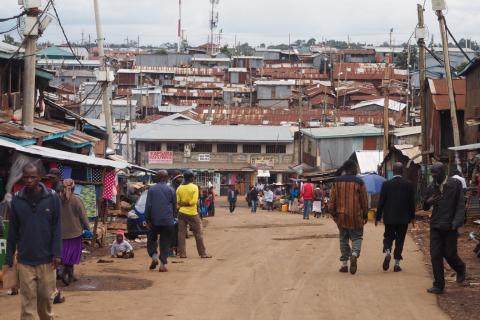A revolution is underway. In Latin America, it has likely crested. In Southeast Asia and West Africa, it is moving apace. In East Africa, it is at its most intense.
It is brewing most remarkably not in storied national capitals and megacities, but in the medium sized, second-tier cities, less watched by governments and journalists. Cities that might double in size in 12-15 years, yet already under-resourced.
It is a demographic revolution: significant population growth which drives the epochal growth of city dwelling, as the world becomes ever more urban.











